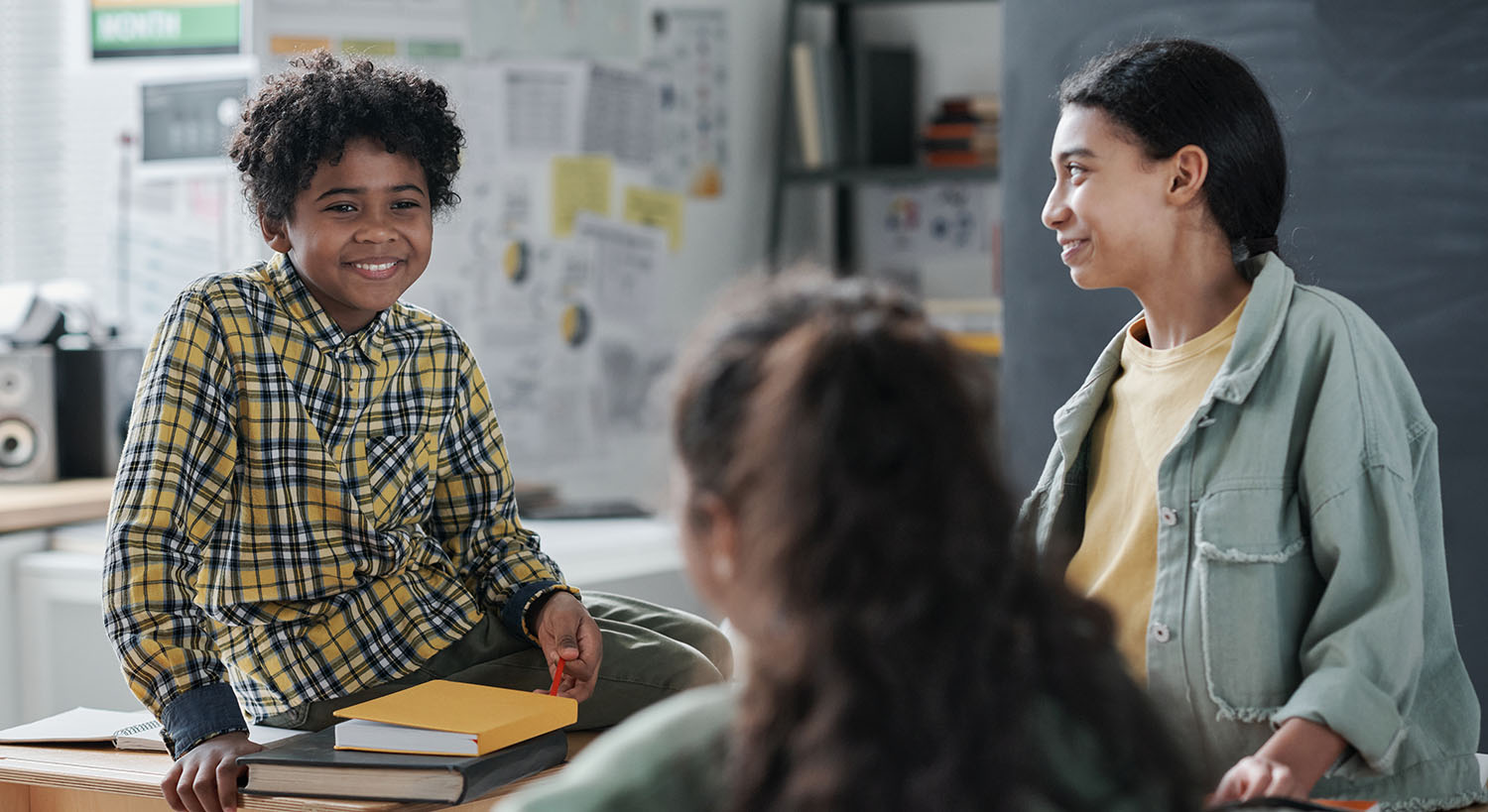September 2024 Newsletter | Socializing With Peers

Lea este artículo en español aquí.
Socializing With Peers
Socializing with peers allows us to connect with others, learn about ourselves, and engage with our communities. Our social interactions—from brief greetings to deep relationships—can serve as bridges to the world around us. At STAR Autism Support, we understand that many students need support as they engage with their peers. For critical social skills like communication, cultivating friendships, and learning to play, there are evidence-based tools and strategies to help students understand the importance of socializing and practice meaningful interactions.
Communication Greetings are a key part of socializing with others. Practicing greetings and conversation basics ensures students are prepared for the frequency of these initial interactions, which are common in both school and community settings.
| |
Friendship Making friends is a complex and intimidating process for many of us! With an understanding of the definition and value of friendship, support from teachers and caregivers, and dedicated practice, students with autism can thrive in social relationships with peers.
| |
Playtime Play is often explored in social contexts. Playing with toys, using imagination, and taking turns during playtime are skills students can learn to prepare for making friends and enjoying social settings.
|
STAR Autism Support Resources
With resources for students from early childhood to secondary and beyond, STAR Autism Support’s curricular tools are packed with evidence-based lesson plans, teaching materials, assessment tools, and more to help students socialize with peers. Our content incorporates strategies such as using visual supports, video modeling, peer-mediated instruction, and social narratives to help students prepare for social connections. Use the links below to learn more about what we offer.
- STAR Program provides a comprehensive set of materials across six essential curricular areas for teaching primary students with autism.
- The STAR Media Center hosts our Themes First! curriculum for preschool and primary students, the STAR Online Learning System, and our Routine Essentials materials.
- Our Links curriculum offers secondary students access to theme- and routine-based instruction across a wide range of student levels.
- SOLER (Social Learning and Emotional Regulation) is a comprehensive social-emotional learning curriculum.
